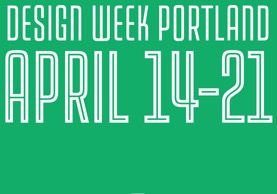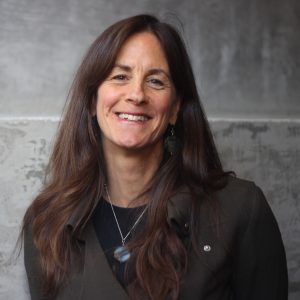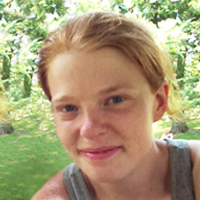Join us for two fantastic events offered by
MCAD’s MA in Sustainable Design
at Design Week Portland!
Panel Discussion
Join us Friday evening April 20 for the panel
Sustainable Design Tools, Toils, and Tales:
Lessons from MCAD MA in Sustainable Design Alumni
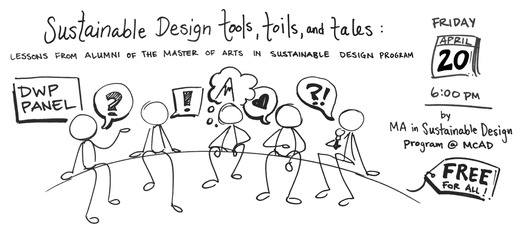
Designers face a number of competing and compelling demands. They must balance the drive for creative initiatives with the constraints of budgets; the search for new methods with the need to hone existing skills; the needs of clients with the needs of the industry. In the midst of these challenges, it can seem almost impossible to consider the ways in which the field of design is uniquely positioned to contribute to the work of addressing local and global challenges. And yet, design thinking is uniquely positioned to help us, and those with whom we work, contribute new ways of thinking through reducing waste and combating the world’s most pressing issues.
This panel will introduce you to a number of designers working to integrate sustainable thinking and design practices, following their completion of MCAD’s Master of Arts in Sustainable Design program. They will share some of their favorite mental models and tools, their struggles and triumphs, and tips for designing for positive impact in the world. Moderated by the program’s director, this panel of alumni will take some of your questions about the program and, more broadly, about the work of integrating sustainability into their design roles and beyond.
Workshop
Join us Saturday morning April 21 for the workshop
Sustainable Designer’s Toolbox
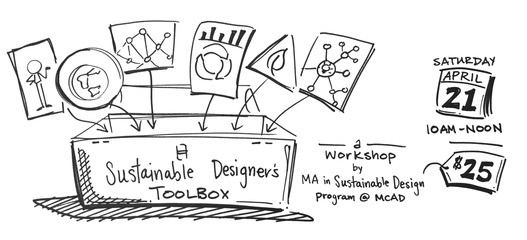
Interested in systems thinking? Sustainability and design? Innovation tools and processes? In this workshop, we’ll give a sneak peak into a sustainability-focused designer’s toolbox. We’ll discuss frameworks, tools, and mental models deployed to integrate deeper thinking for positive impact. We’ll look at carbon footprints and play with activities used to reduce waste, create value, and innovate.
As designers, we see the world in unique ways, dream up creative ideas, and execute interesting solutions. How might we use these powers to make things in more sustainable ways? How do we engage in a design career that reduces the negative impacts people have on the planet and increases the positive impacts?
This workshop will be co-facilitated by the Director and alumni of MCAD’s Master of Arts in Sustainable Design program (MASD, fully online), the first accredited program of its kind, which curates a learning experience that helps designers become better creative problem solvers, better researchers, and more responsible makers.
